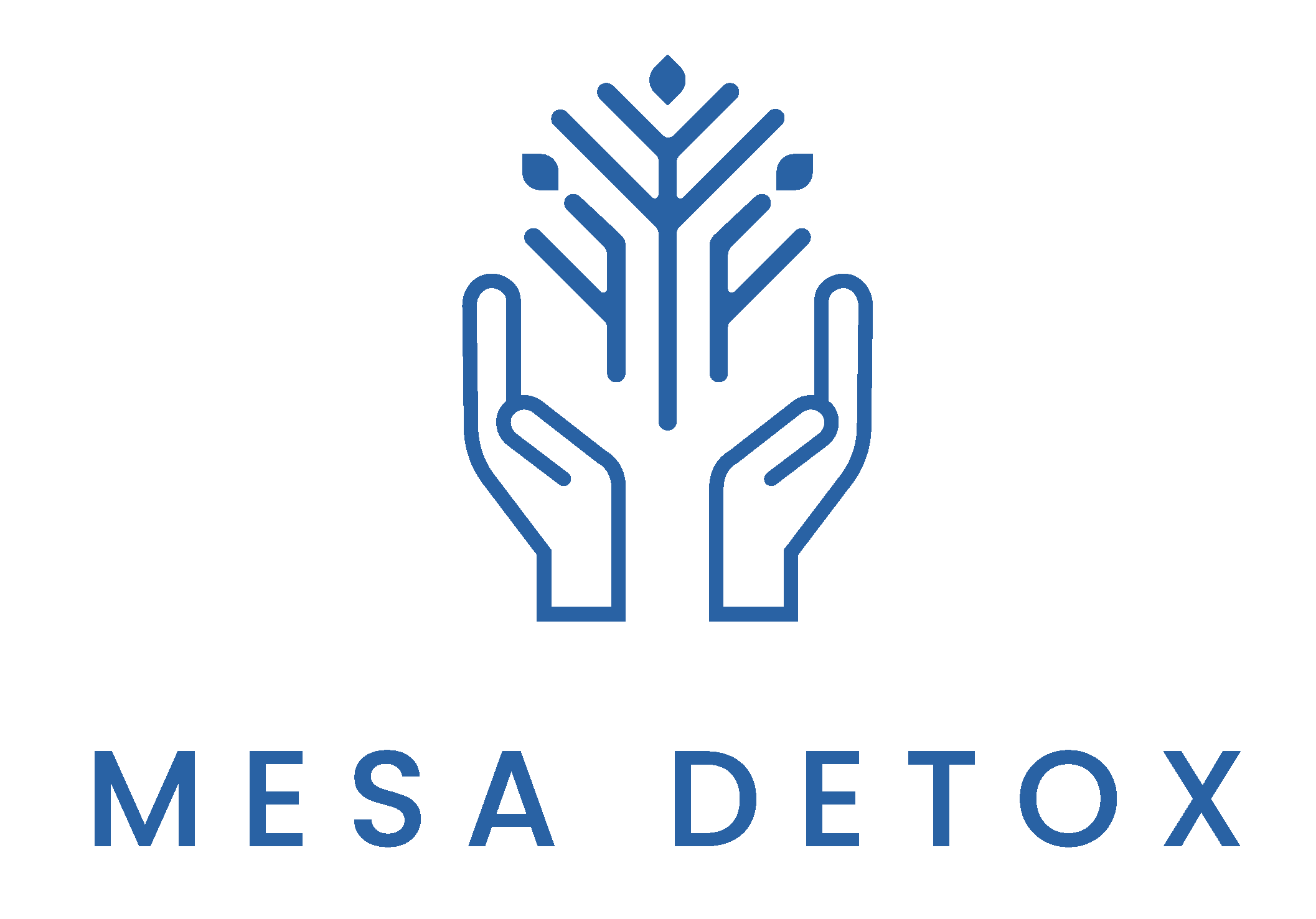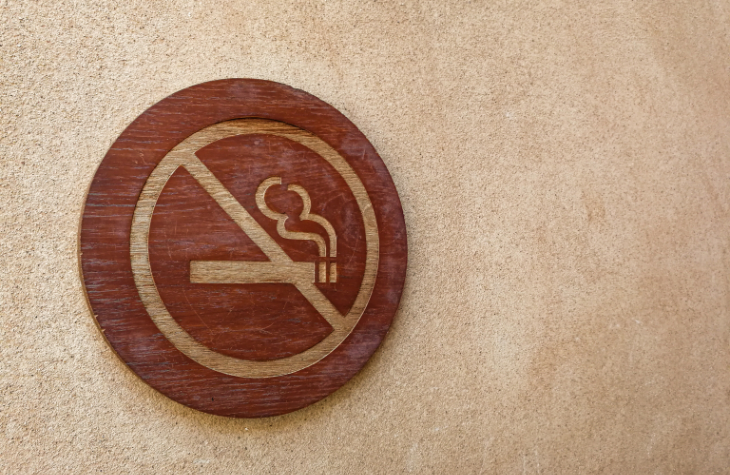Marijuana, commonly referred to as weed, is a popular recreational drug consumed in various ways, including smoking and edibles. Recent studies show that approximately 3 in 10 marijuana users in the U.S. develop marijuana use disorder.
Given the potential legal, professional, and health implications, it’s important to understand how long weed stays in your system. In this guide, we’ll explore that question in detail and cover key factors that affect detection time to give you a more complete picture.








